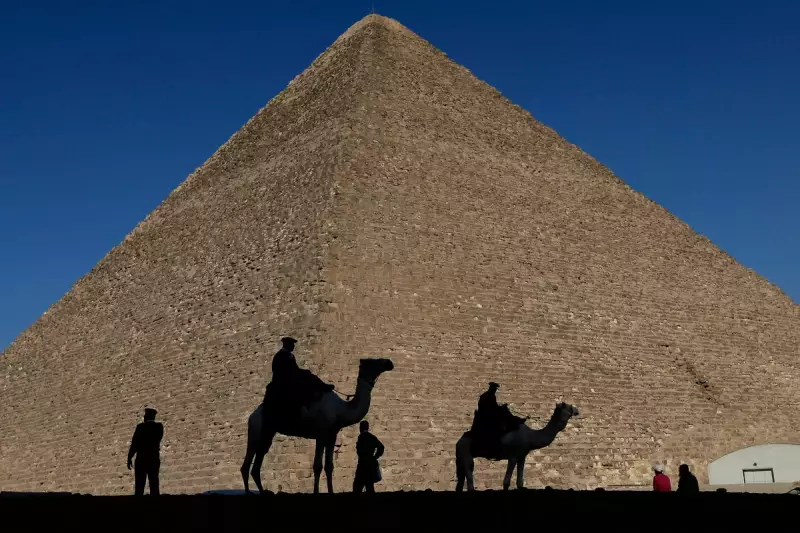
Egypt's tourism industry faces a devastating new threat as disturbing evidence emerges of systematic animal abuse at the Giza Pyramids, one of the world's most iconic heritage sites.
A recent undercover investigation has exposed shocking mistreatment of camels and horses used for tourist rides around the ancient monuments, revealing a dark underbelly to Egypt's vital tourism economy.
The Hidden Suffering Behind the Selfies
Tourists flocking to capture the perfect pyramid selfie are often unaware of the suffering endured by the animals providing their transportation. Investigations have documented:
- Camels forced to work for up to 10 hours daily without adequate food or water
- Horses kept in makeshift stables with poor sanitation and limited veterinary care
- Animals showing visible signs of malnutrition, dehydration and untreated injuries
- Widespread use of painful equipment and improper handling techniques
Economic Implications for Egypt's Tourism
The revelations come at a critical time for Egypt's tourism sector, which has been struggling to recover from years of political instability and pandemic-related disruptions. Tourism represents approximately 12% of Egypt's GDP and employs millions of Egyptians.
Industry experts warn that continued exposure of animal welfare issues could significantly damage Egypt's international reputation and deter ethically-conscious travellers.
Government Response and International Pressure
Egyptian authorities have acknowledged the problem, with the Ministry of Tourism and Antiquities stating they are implementing new regulations to protect working animals. However, animal welfare organisations argue that enforcement remains inconsistent and penalties insufficient.
International animal rights groups are increasing pressure on tour operators and travel companies to boycott businesses involved in animal mistreatment, urging them to adopt stricter animal welfare policies for their Egyptian itineraries.
A Call for Ethical Tourism
The situation at Giza highlights the growing global concern about animal welfare in tourism. Travellers are increasingly seeking experiences that align with their ethical values, creating both a challenge and opportunity for destinations like Egypt.
As one tourism analyst noted, 'The future of sustainable tourism depends on destinations addressing these issues proactively rather than reactively. Egypt has an opportunity to lead the way in responsible heritage tourism.'





